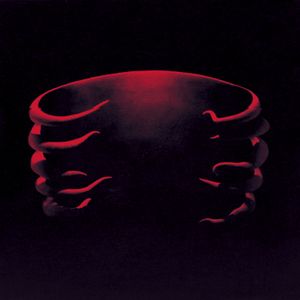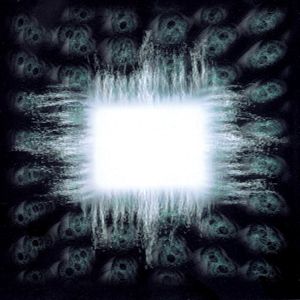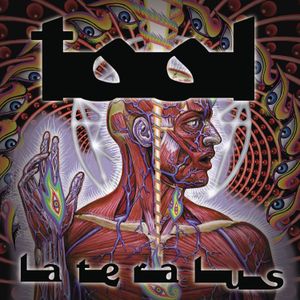

Follow Your Favorite Band Today!
Top Tool Community Posts
Story of Tool
Tool, the Los Angeles-based rock titans, exploded onto the scene in 1990. The lineup—vocalist Maynard James Keenan, guitarist Adam Jones, drummer Danny Carey, and bassist Justin Chancellor (who replaced Paul D`Amour in 1995)—has delivered a seismic impact on the music world. Their influence extends far beyond their four Grammy Awards and chart-topping albums; Tool has cultivated a fiercely loyal following through a combination of masterful musicianship and a fiercely independent spirit.
Initially emerging with the heavy metal heft of their 1993 debut, Undertow, Tool quickly transcended genre boundaries. Ænima (1996) solidified their position as alternative metal pioneers, a status further cemented by the critically acclaimed and commercially successful Lateralus (2001) and 10,000 Days (2006). These albums, along with their groundbreaking 2019 release Fear Inoculum, showcase the band`s commitment to musical experimentation, pushing the envelope of progressive rock, psychedelic rock, and art rock. Their meticulous approach, evident in the long gestation periods between albums, reflects a dedication to crafting sonic tapestries as intricate and visually compelling as their iconic stage shows.
With over 13 million albums sold in the US alone before Fear Inoculums release, Tools impact is undeniable. However, their complex, often lengthy compositions, coupled with their incorporation of visual arts and a deliberate resistance to industry pressures, has made them something of an enigma. Their relationship with the music industry has been marked by occasional clashes, reflecting the bands unwavering commitment to artistic integrity and fiercely guarded privacy. Ultimately, Tool represents a force that consistently challenges expectations and defies easy categorization, cementing their legacy as one of rocks most influential and enigmatic acts.
Frequently Asked Questions
Bands you may like
More Alternative Metal Bands
Discover more bands in the Alternative Metal genre and explore the diverse sounds that define this musical style.
Browse All Alternative Metal BandsMore Bands from United States
Discover the rich musical heritage of United States and explore bands that represent the country's unique sound and culture.
Browse All United States Bands




